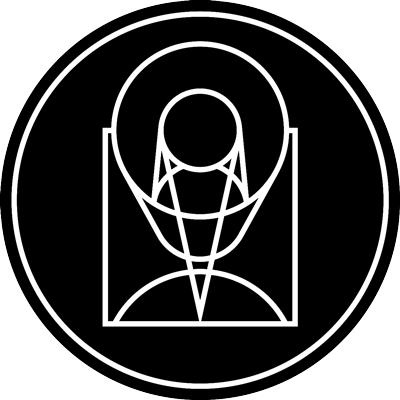Feedback for Exoplanet photobombs? THE SOCIAL ASTRONOMER (part 11)
By leaving feedback, you agree to allow NASA's Universe of Learning to publish the content and information you provide in your submission form. We will only use this information to recognize your entry on our series and social media, and we will never publish your email.
Exoplanet photobombs? THE SOCIAL ASTRONOMER (part 11)
Primary
•
March 29th, 2022
A charming astronomer explains to a party full of drones how it's occasionally possible--but difficult--to photograph a planet around another star, and how it might become more common in the future.
Starring Andre Boyer and Whitney Avalon.




















